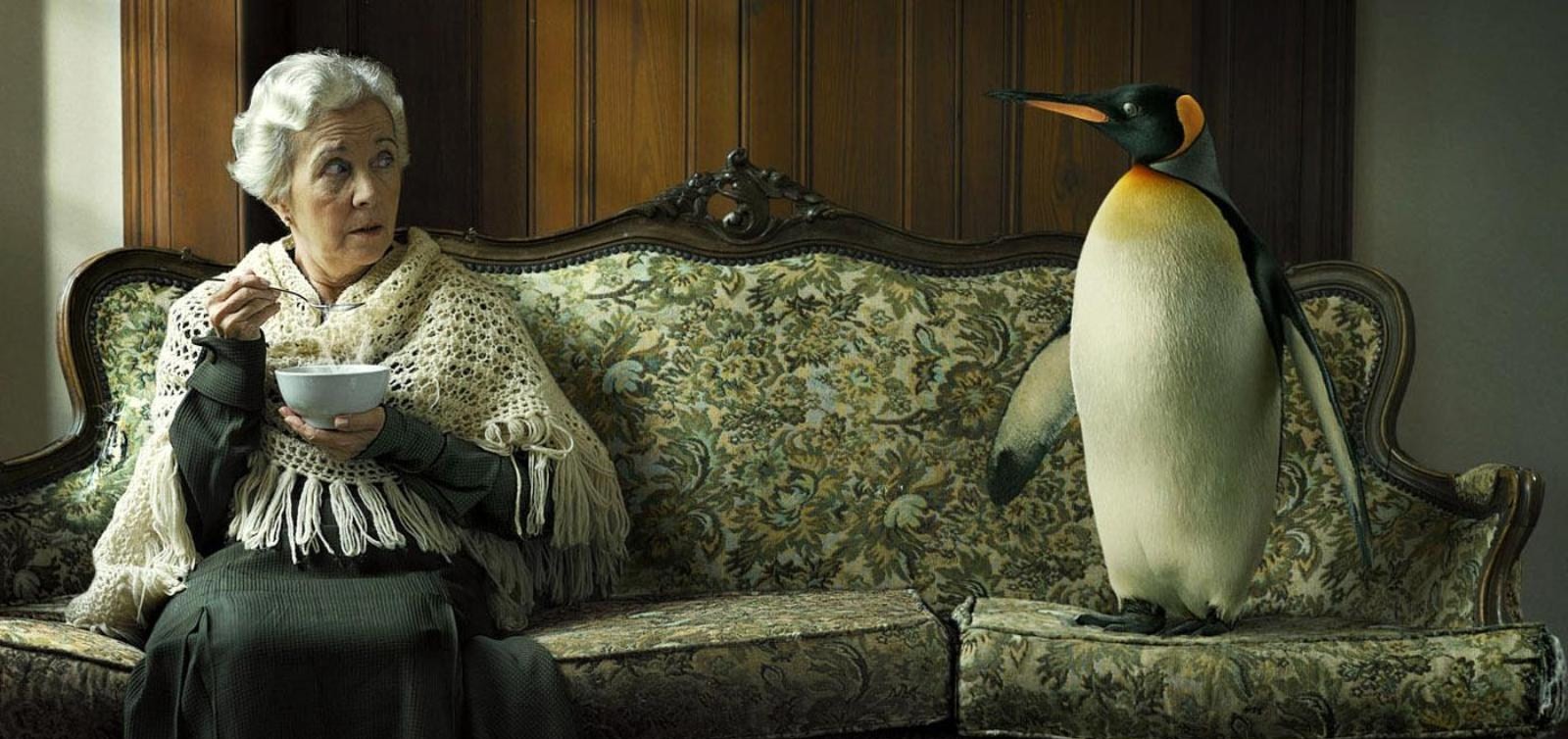I want to open this blog with a question to think about before putting any of my own thoughts down.
What does it say that Eleanor, while believing she’s in the Good Place, is fundamentally changed by the fact that there is a Good Place?
Give it a good long think about what you make of this and how/if it applies to life from a Christian perspective.
**********************************SPOILERS*****************************************
Eleanor believes the system messed up and placed her in The Good Place (you might think of this as grace), but by simply being in the Good Place, she eventually wants to be worthy of being there. Over the course of the 2 and a half seasons, but especially in the first season, believing she’s in the Good Place, Eleanor’s selfishness starts to fade. She knows she’s not worthy of being there and at first she just simply wants to go with it and keep up the charade so she doesn’t get found out and then sent to the bad place.
BUT, eventually she really starts wanting to be good.
A couple biblical parallels come to mind. One is Luke 7:36-50:
Luke 7:36-50
A Sinful Woman Forgiven
36 One of the Pharisees asked Jesus[a] to eat with him, and he went into the Pharisee’s house and took his place at the table. 37 And a woman in the city, who was a sinner, having learned that he was eating in the Pharisee’s house, brought an alabaster jar of ointment. 38 She stood behind him at his feet, weeping, and began to bathe his feet with her tears and to dry them with her hair. Then she continued kissing his feet and anointing them with the ointment. 39 Now when the Pharisee who had invited him saw it, he said to himself, “If this man were a prophet, he would have known who and what kind of woman this is who is touching him—that she is a sinner.” 40 Jesus spoke up and said to him, “Simon, I have something to say to you.” “Teacher,” he replied, “speak.” 41 “A certain creditor had two debtors; one owed five hundred denarii,[b]and the other fifty. 42 When they could not pay, he canceled the debts for both of them. Now which of them will love him more?” 43 Simon answered, “I suppose the one for whom he canceled the greater debt.” And Jesus[c] said to him, “You have judged rightly.” 44 Then turning toward the woman, he said to Simon, “Do you see this woman? I entered your house; you gave me no water for my feet, but she has bathed my feet with her tears and dried them with her hair. 45 You gave me no kiss, but from the time I came in she has not stopped kissing my feet. 46 You did not anoint my head with oil, but she has anointed my feet with ointment. 47 Therefore, I tell you, her sins, which were many, have been forgiven; hence she has shown great love. But the one to whom little is forgiven, loves little.” 48 Then he said to her, “Your sins are forgiven.” 49 But those who were at the table with him began to say among themselves, “Who is this who even forgives sins?” 50 And he said to the woman, “Your faith has saved you; go in peace.”
At this point we all believe Eleanor is in the Good Place by mistake, but the message that grace is not a mistake is prevalent. Just like the parable, Eleanor’s heart and attitude completely switches – she repents (which literally means to turn away from the life you were living, or, in modern laymen’s terms, to do a 180.) It’s as if she’s been forgiven a great deal – and as the episodes reveal, she has a lot of sin to answer for – and because of it, she’s fundamentally changed. She loves, she’s generous, she’s caring. She who was shown great love shows great love in return.
And even when she’s trying to just keep up the charade, it’s the grace Chidi shows her when he finds out her secret that starts to impact her in the first place. It should also be noted that the moral philosopher that Chidi most often refers to is Soren Kierkegaard, who was a Christian, as well as a philosopher and theologian – I just find that compelling.
Regardless of the actual truth in this matter (that The Good Place is actually the Bad Place), the grace she’s shown – both by the Good Place’s “mistake” and Chidi choosing to help her) makes her want to be a better person.
This also serves as a perfect segue into my next topic, Purgatory, but before we go there, consider this:
1 John 4:19 says that we are able to love because God first loved us. Think about, or discuss with others how this is true for you.
How has the love of God – God’s grace – changed you into wanting to be a better person?
